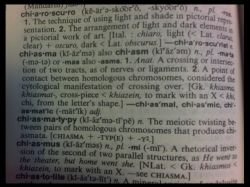
I teach a Literature class called “Banned Books and Novel Ideas.” It is one of the most popular courses in English at the University, with eight sections being taught this semester. Undergraduates prefer this course to others, I assume, because the title suggests something controversial, risqué, or explicit about the course material. Or at least it does to me; I think that a course on banned books should explore the history of controversial literature and take the reasons for banning books seriously.










